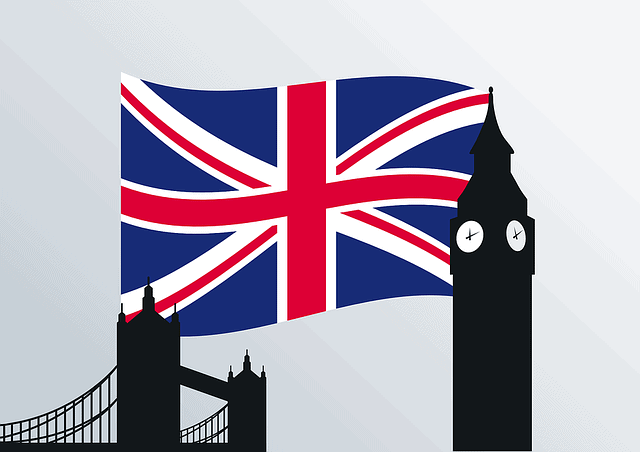It’s that time of the year again; Rishi Sunak will be announcing the financial statement for the tax year to the House of Commons on Wednesday 3rd March. This will be the first budget announcement for almost an entire year as the government felt it was unseemly to release one in the Autumn. Unsurprisingly, this is shaping up to one of the most highly anticipated budgets of all time, as the focus will undoubtedly be on narrowing the deficit and how to support businesses throughout the end of the pandemic. So what can we expect to see? Read on to find out.
Continuation Of Coronavirus Support The Main Theme Of The Budget
In total, more than £280 billion has been spent so far on responding to the Coronavirus. This has been given to companies in various forms in order to make up for the loss of profits, and one of the main sources of spending has been the furlough scheme. So far, it is estimated that the furlough scheme has costed the government over £53 billion and has supported rough 11.7 billion people. The scheme is due to end in April but following the Prime Minister’s announcement that restrictions will be remaining in place until June, it is very likely we will see this scheme be extended again.
It is also likely that there will be increased support for the self-employed announced in March’s budget. The self-employment income support scheme (SEISS) gives grants to help those who work for themselves if their income has been negatively impacted by Covid. Strangely, the announcement detailing who will be eligible for the grant will be announced on March 3rd’s budget, even though the period is set to cover the months February, March and April.
Narrowing Of The Deficit Secondary Concern Of The Budget
Whilst the continuation of Coronavirus support will come as a great relief to many, there is no doubt that this amount of borrowing from the government cannot go on forever. Especially with Chancellor Sunak describing the responsibility of balancing the books as his ‘sacred duty’, we will likely see some tax hikes announced in next Wednesday’s budget.
One such tax that could see a rise is Corporation tax. It has been speculated that Corporation tax could rocket from 19pc – one of the lowest levels among OECD countries – to 25pc, according to reports ahead of the Budget. That would be more in line with other G7 countries, with President Joe Biden expected to raise it from 21pc to 28pc in the US. Businesses are already bracing for a rise and you would be wise to do so too.
It will be interesting to see how this affects the hospitality sector which has been afforded VAT and business rates relief up until now. Mr Sunak also announced £4.6bn of one-off grants in January to stave off winter collapses during the third lockdown. The grants – worth up to £9,000 – were targeted at the retail, hospitality and leisure sectors, though it is not clear if more funds will be made available as restrictions continue.
Ministers are facing calls to extend these support measures to the end of 2021, with Boris Johnson’s gradual reopening roadmap meaning businesses will be operating under social distancing restrictions until at least late June. However, this will not go down well with other industries who have been affected by the pandemic.
Our complete guide to the budget will be along after the announcement.
Whilst this is certainly a time of great apprehension and uncertainty, don’t fret. At J&P, we can offer invaluable VAT advice to businesses across the UK and EU. If you are an ecommerce seller or a small business owner, we just want to let you know that we have the qualifications and knowledge to help you plan ahead, so please do not hesitate to get in touch should you have any further questions about any of the issues raised in this article. You can contact us at enquiries@jpaccountant.com, on our social media, or give us a call on 0161 637 1080.
